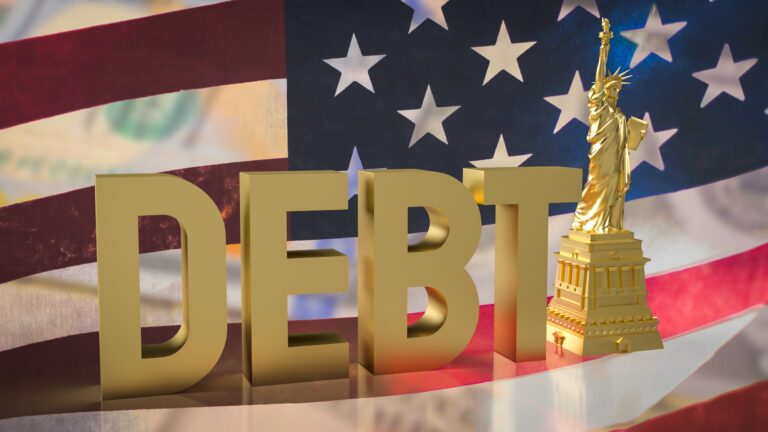
(Justin Vaughn, Editor, Options Trading Report)
The indexes were all up Friday after a week of daily gains. The market was up in a majority of sectors, including the cryptocurrencies. The Dow Jones Industrial Average surged, up 426 points on Friday as all indexes finished positive. Bitcoin tickled $100,000, ending the day hovering in the $99,000 area. The Dollar was strong against the Euro and British Pound as both currencies weakened on fears of massive tariff implications President Elect Donald Trump has threatened. Worldwide currencies of manufacturing countries involved in exportation of finished goods are preparing for severe downturns in product demand. The University of Michigan Consumer Sentiment Survey (UMCSENT) directed by Joanne Hsu, released Friday revealed a “stronger consumer confidence level,” up in November from October 1.3 points, for the fourth month in a row. The week shortened by the Thanksgiving holiday and a half day Friday, saw many Wall Street employees taking the week off, with the market floundering a bit doing less business.
The Dow Jones Industrial Average ‘kicked-up-its-heels Monday charging up 440 points, extending Friday’s robust trading day. Trump’s pick for Treasury Secretary, Scott Bessent, a moderate that some feel would ‘temper’ Trump’s heavy views of trade and finance gave investors and traders solace that Bessent might be a ‘buffer.’ As mentioned above the Dow Jones and both the S&P 500 and Nasdaq Composite all welcomed his pick for Treasury Secretary. “Markets are interpreting Trump’s pick as positive for the economy, as he could try to steer policies towards the more growth-oriented matters as opposed to more controversial measures,” said Jan von Gerich, chief analyst at Nordea. According to Tradeweb, the yield on the 10-year Treasury fell to 4.262%, after closing Friday at 4.409%, a near recent high. Oil continued to drift lower falling 3.2% to $68.94 a barrel as prospects for a cease-fire between Israel and Hezbollah increased. Pump prices edged lower, nearing the $3.00 a gallon range. Bitcoin took a breather Tuesday falling significantly to $91,000. (then picking up steam to reach near $95,000 on Thursday). Smaller cryptocurrencies in general ‘tag-along’ the leader Bitcoin.
Mexico and Canada were in Trump’s cross-hairs, as he threatened to impose a 25% tariff on each country. He singled out China, commenting he would impose a 10% across the board tariff on all exports. Both the Mexican Peso and the Canadian Dollar lost value to the Dollar after his threatening comments. Interestingly the Dollar in worldwide transactions has strengthened the past several months as the Chinese Juan has been on a downward skid. President-eleck Trump’s previous stint in office has shown, he talks a stern talk and not always does he follow through. He previously addressed the tariff issues when president, talking about subjects ‘tough’ but not taking any kind of a strong stand or legislative action. The minutes of the November 6-7 Fed meeting showed that data indicated that inflation is not where the board of governors wants it, all gauges show a stubborn pace. The general feeling of the meeting was that more rate cuts are needed to achieve the 2% goal. The release of the PCE (Personal Consumption Expenditures) index for October, is estimated to be 2.3%, year over year. The index is a valuable data source for the Federal Reserve in decision making on rate cuts. The indexes were positive at opening Friday, with anticipation Black Friday would boost the retail sector. Of course the Trump-tariff situation remains on ‘the front-burner.’
RUMBLINGS ON THE STREET
Albert Edwards of Societe Generale, Barron’s – “High profits justify high P/Es, or so I am told, but expectations have now run far ahead of trailing [earnings per share] reality. But as with all bubbly episodes I have witnessed during my 42 years in the industry, there is always a seemingly plausible and compelling narrative to explain away investor exuberance.”
JJ Kinahan, CEO of IG North America, parent of Tastytrade, Barron’s – “People want to trade when they want, and investors in other markets want to trade U.S. stocks when they are awake. It’s selfish to think that the only time people want to trade is during the U.S. business hours.”
Viktor Shvets and Lyle Lui, Macquarie Global Strategists, in a client note, Barron’s – “Capital markets are arguably the strongest guardrail against destructive or irrational policies.” (Referencing President elect Trump’s policies on tariffs)
Steven Blitz, TS Lombard’s chief U.S. economist, Barron’s – “To believe that the U.S. can erect barriers to trade with the rest of the world without unintended consequences is a fairy tail.”




